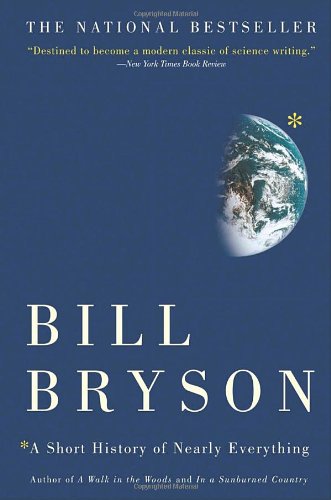With a quick Google search using the right keywords, there are numerous articles describing crowdfunding (CF) as disruptive to venture capital (VC) or at least potentially so. Many take for granted the reader's knowledge of the term and its logic, but it is a lot harder to put together than it may seem. Here is a look at the very specific definition of the word, along with a few supporting arguments that might lead one to draw that conclusion.
Let us start out by clarifying what disruption is not. Disruption of an industry does not cover change (even if it is radically different from the status quo) which improves upon the existing industry product. This is a sustaining development (examples*). Disruption, in the Clayton Christensen sense of the word, defines a change that brings with it (in the form of a product or a new market) a very different value proposition than had existed or mattered previously (examples**). It trades off performance for either convenience, accessibility, affordability, simplicity or some combination thereof and its key often lies in the use case as opposed to an advancement in technology.
Examining the case for crowdfunding using the characteristics of Christensen's definition as a guide:
The value proposition of disruptive innovation is materially different, yet its performance trajectory exceeds market needs.
The main value proposition of venture capital is "smart money", i.e. connections and advice through a filtered loop. Its performance is measured by return and rolodex. Crowdfunding instead is "cool money". Its main value proposition is broad access through social media. It is ranked foremost on other dimensions - the type of entrepreneurs on the platform and their success in raising funding. It would perform poorly on a traditional scorecard based on established market needs, but there is a window. At the lower end of the funding curve (seed stage) venture capital overshoots the market. It provides more at a higher cost than is needed to build a minimum viable product (MVP). Arguably, crowdfunding appears to be on the way to figuring out its shortcomings at that very end of the spectrum. With market needs stable and MVP cost still falling, all that is required are a couple of sustaining technologies to cover the gap. Add a few more over time and crowdfunding could start its ascent upmarket to traditional VC territory. That sounds pretty disruptive.
Disruptive innovations are typically simpler, cheaper, more reliable, and convenient than established technologies.
Crowdfunding is nothing if not incredibly convenient. It allows entrepreneurs to leverage and manage their fundraising efforts through one channel point, turning the venture model on its head. It is cheaper as well. The flat fee or percentage of round being charged by most reward or donation based platforms are significantly cheaper than venture equity stakes and maintenance fees. Crowdfunding has not simplified the process of raising funding however - the basic preparations are still required (plan + pitch + perform + pass). Instead it has simplified access to capital for the average entrepreneur who may not know the intricacies and intimacies of silicon valley. Despite these, crowdfunding is not nearly as reliable. There are still major trust and fraud concerns, important themes regarding brand and quality. Moreover, venture has less capital volatility because of its funding structure. Placing more weight on cost (because of its implications) than the other characteristics, CF still looks pretty disruptive though.
Disruptive innovations are typically not rational or feasible investments for incumbents.
It has already been noted that current revenue streams associated with crowdfunding are not as lucrative as those of venture capital. There are no performance fees based on equity returns (which typically produce the bulk of VC profits) and neither are there any maintenance charges. The business models are fundamentally different. Crowdfunding is transaction based instead of equity based. Transaction based models are powered by volume, and with few exceptions are tied to lower profit margins, which favor low cost operations. These characteristics are uniformly unattractive to or typically unattainable by incumbents. Venture capital is no different. The implication is that the disruptive market will likely not look attractive enough until it is too late. Again, CF looks well placed to be disruptive.
Articles calling crowdfunding disruptive based on similar analysis seem right to draw such conclusions, so perhaps crowdfunding's response to venture's "You can't disrupt this" should be "You're wrong. It's hammer time."
-------------
*Sustaining examples: HD over digital, Blu-Ray's attempt on DVD, DVR over TiVo, Google's search algorithm over Yahoo's, carbon fiber bike frames over aluminium, ipad over the iphone, voicemail over answering machines, CD/DVD over tapes.
**Disruptive examples: digital over chemical photography, Google AdWords over direct advertising, the iphone over laptops, fast food disrupted restaurants, netflix disrupted blockbuster, skype is disrupting telephony, nintendo wii is disrupting xbox/playstation, online brokerages disrupted full service.




